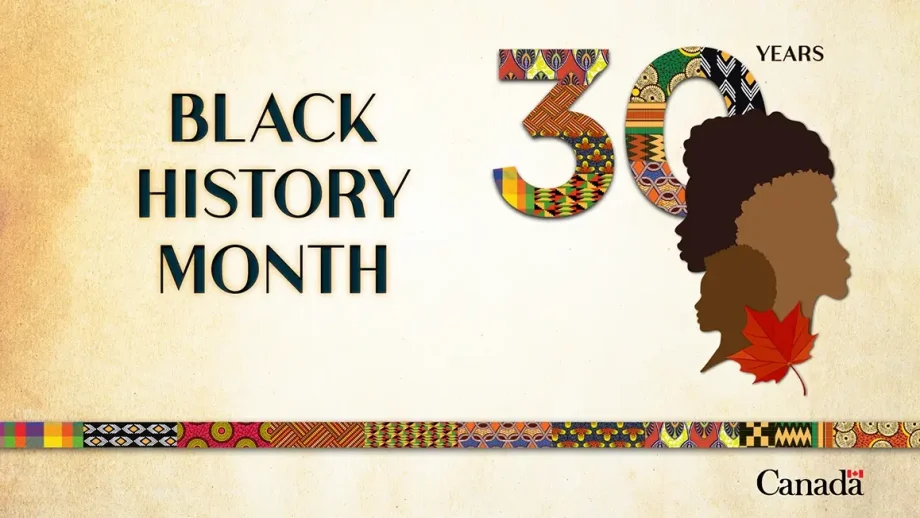The Rhetoric, Writing, and Communications program offers studies in the theory, analysis, and practice of a variety of communications: written, oral, visual, and online. The program will help you become a highly adaptable communicator with superb hands-on skills in drafting, revising, editing, and evaluating messages intended for a wide range of audiences and purposes. This program leads to a Bachelor of Arts degree (3-year or 4-year). Graduates from this program have abilities that are valued in a wide range of careers. They may become fundraising consultants, media coordinators, publicity agents, museum or gallery educators, technical or scientific writers, copywriters, or copy editors.
They also pursue careers in government and politics in roles such as speech writers, researchers, press secretaries, communications officers, and public information officers.

Dr. Matthew Flisfeder, ©UWinnipeg
MEDIA AND POWER
Assistant Professor Dr. Matthew Flisfeder
Dr. Matthew Flisfeder deals with film, media, and cultural studies. His research contributes to debates on media and society, ideologies of postmodern and consumer culture, subjectivity and identity, and emancipatory politics. Currently he is looking at the relationship between social media and entrepreneurialism — specifically, the idea of the “entrepreneur-of-the-self.”
“Now we live with increased contract, temporary, and part-time work — there appears to be a constant necessity to create a branded self-image,” shares Flisfeder. “I’m interested in seeing how this need to self-brand affects our use of social media, like Facebook and Twitter. Using a critical lens, my research aims to show how the free expression of self is limited given the necessity to produce a polished image of the self, one that looks favourable to potential employers or clients.”
Flisfeder believes that social media can teach us how we internalize contemporary forms of power and control, helping us understand changes that have taken place in politics, culture, and society.

Tyler Andrade, ©UWinnipeg
PERSUASIVE PROGRAM
Student: Tyler Andrade
Rhetoric, as defined by Aristotle, is the “art of persuasive writing”. When rhetoric, writing and communications major Tyler Andrade first arrived
at UWinnipeg, he took a summer academic writing course that was very “persuasive”.
In fact, he says it changed his life. “Rhetoric is more than an academic discipline; it is a piece of our identity,” expresses Andrade. “It offers students
academic empowerment, a sense of a collegial community, and the opportunities to grow into changemakers, trendsetters, and those who transcend to pursue their passions.”
While studying rhetoric, Andrade discovered communications is a powerful tool: “Communication has the power to change the hearts and
minds of many,” he explains. “As a future scholar of rhetoric, it is my intention to use it for the betterment of society.”
Andrade ultimately plans to pursue a Masters in Communication Studies.

Neil Exell, ©UWinnipeg
IMPROVING LITERACY
Alumnus: Neil Exell
Neil Exell is a rhetoric, writing, and communications graduate who also majored in English. He took the program with a reduced course load while working, so as not to accumulate debt while pursuing his degree. Exell currently is working with Frontier College, a non-profit literacy
organization, where he spends time with volunteer tutors and adult learners to help improve their reading and writing skills.
Exell found that his UWinnipeg professors made the course work engaging by using current and germane materials that are pertinent to real life.
“I fell in love with learning the theory,” says Exell. “The content was based in real-world examples. Most of what I learned seemed relevant to how I navigated/analyzed the world around me, and this was a big motivator.”
Exell also enjoyed working with words and language, explaining that “you learn to deconstruct text word for word.” He adds that a background in rhetoric helps people develop the ability to pay attention to detail — an important and transferable skill.
See more Spotlight features here.




